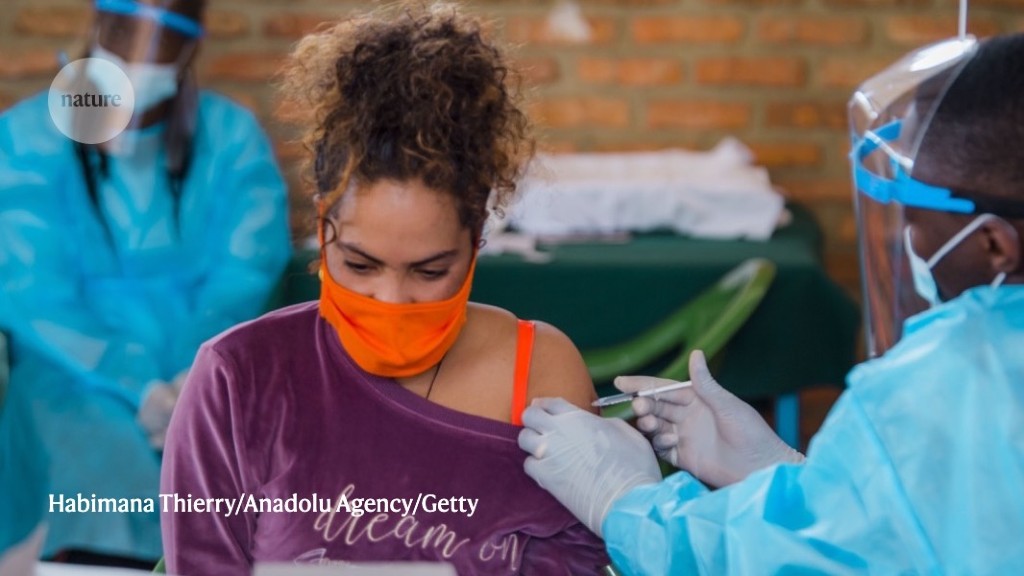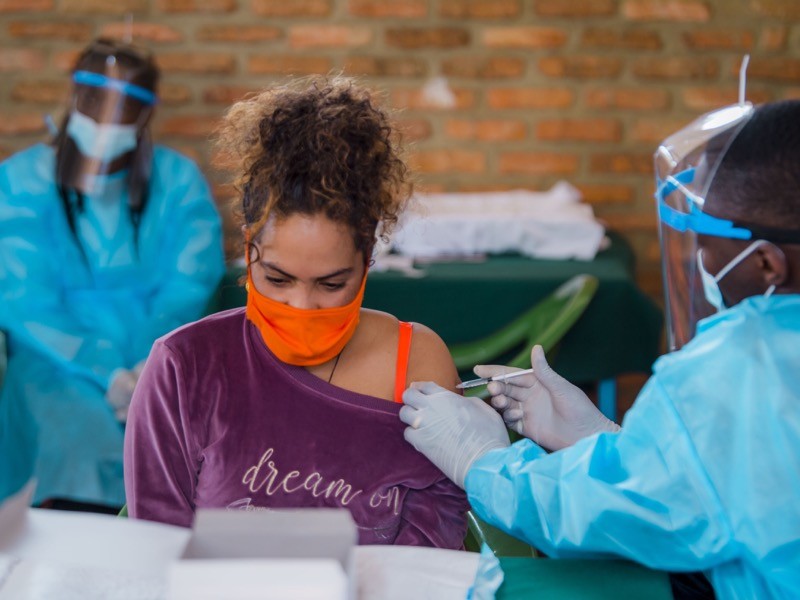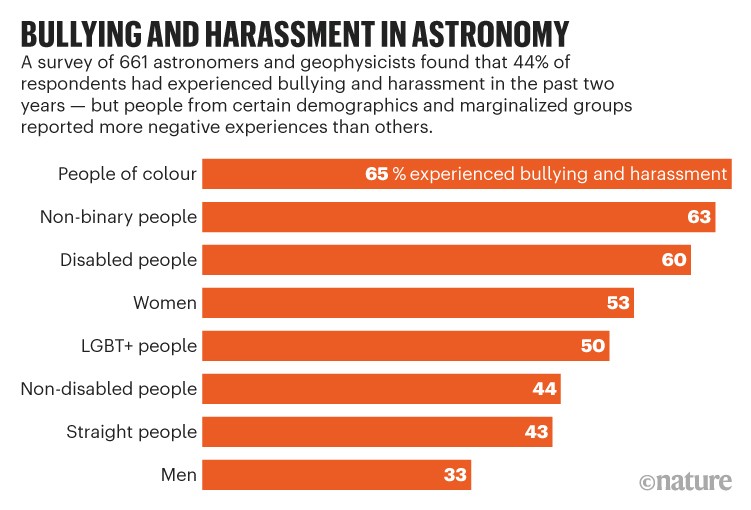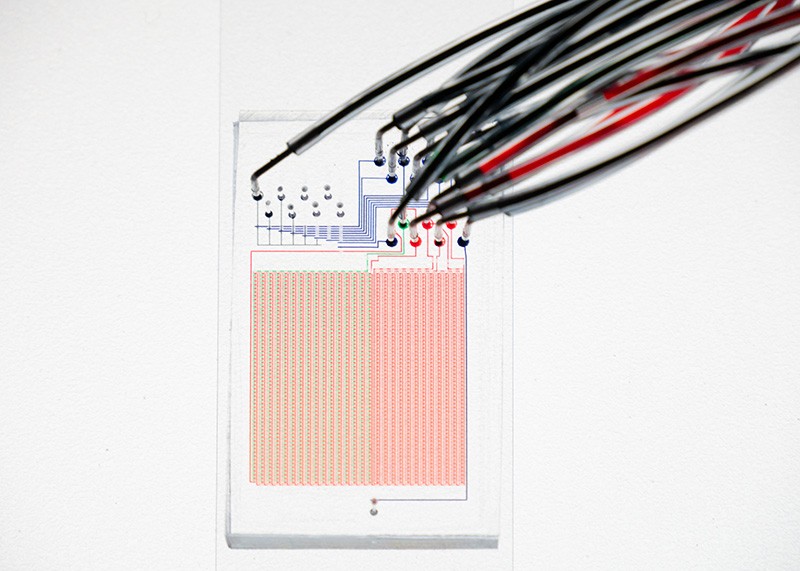Less-affluent countries more eager for COVID jab
People in low- and middle-income countries tend to be much more willing to receive a COVID-19 vaccine than are those in the United States, according to an analysis that included poll results from a dozen countries.
Researchers surveyed people between June 2020 and January 2021, asking whether they would be vaccinated once COVID-19 jabs became available in their countries, and the reasons for their decisions.
The analysis found that 80% of individuals in ten low- and middle-income countries in Asia, Africa and South America were willing to receive a COVID-19 vaccine, compared with 65% in the United States (J. S. Solís Arce et al. Nature Med. https://doi.org/gqh7; 2021). Worries about side effects and efficacy were the top reasons people would refuse a COVID-19 vaccine.
The study authors say the results suggest that ensuring equitable access to COVID-19 vaccines worldwide is not only a moral imperative, but also a powerful way to stem the spread of the virus: lower levels of hesitancy make widespread vaccination easier.
Bullying and harassment widespread in astronomy
Astronomy and geophysics have high rates of bullying and harassment in Britain and perhaps other regions, according to the results of a survey conducted last year by the Royal Astronomical Society (RAS) in London. Among 661 researchers polled, more than half of whom were in the United Kingdom, 44% said they had experienced issues in the previous two years.
RAS diversity officer Aine O’Brien, who co-conducted the survey, says: “We knew from anecdotal data and other evidence that there was likely to be a sector-wide problem, and I wasn’t super shocked by the trends of the findings — but I was certainly shocked by the extent.”
The survey finds that the problems are worse for women, for people with marginalized sexual orientations or gender identities (LGBT+ people), for disabled people and for Black people and those from other minority ethnic groups. Half of the LGBT+ astronomers and geophysicists polled said they had been bullied in the previous year, and disabled, Black and minority-ethnic astronomers and geophysicists were 40% more likely to be bullied than were non-disabled and white researchers.
Chip does massively parallel enzyme tests
Finding out how a protein or enzyme works requires altering hundreds of the molecule’s amino acid building blocks one by one. Researchers then produce each mutated enzyme in the lab and test how it affects the enzyme’s ability to carry out its job.
Now, a polymer chip etched with tiny channels could greatly reduce the time this takes by allowing researchers to test more than 1,000 mutations at a time. A 22 July paper in Science describes how the new system, called High-Throughput Microfluidic Enzyme Kinetics (HT-MEK), could provide a faster way for scientists to study disease-causing proteins, develop enzymes that break down toxins and understand the evolutionary relationships between species (C. J. Markin et al. Science 373, eabf8761; 2021).
Because it can screen so many mutants at a time, the system could allow researchers to look beyond mutations in the active site — the part of an enzyme that actually carries out its main function and usually attracts the most research attention. Mutations in other regions might still affect an enzyme’s function by changing how it folds or binds to other proteins, for instance.








More News
Could bird flu in cows lead to a human outbreak? Slow response worries scientists
US halts funding to controversial virus-hunting group: what researchers think
How high-fat diets feed breast cancer